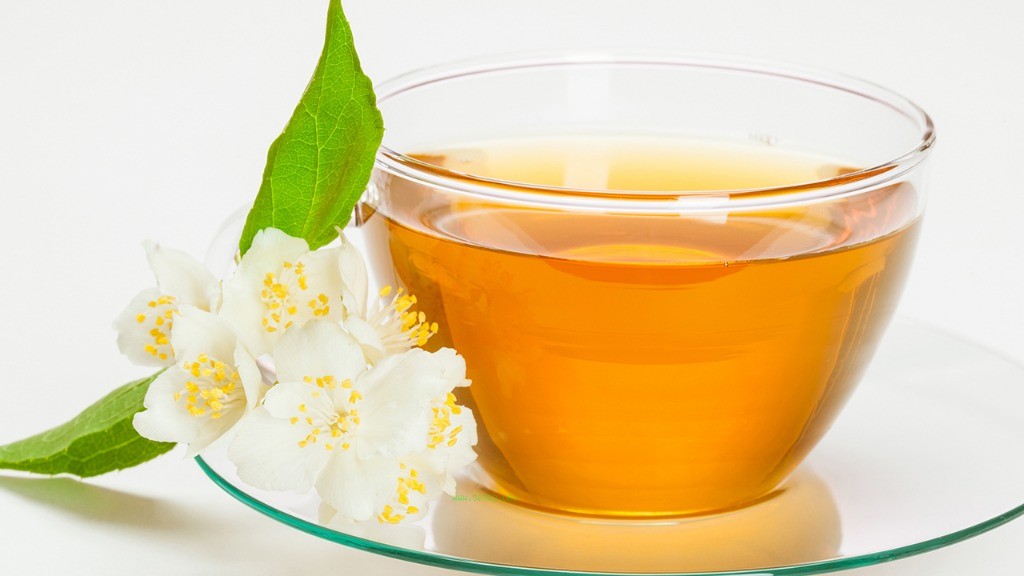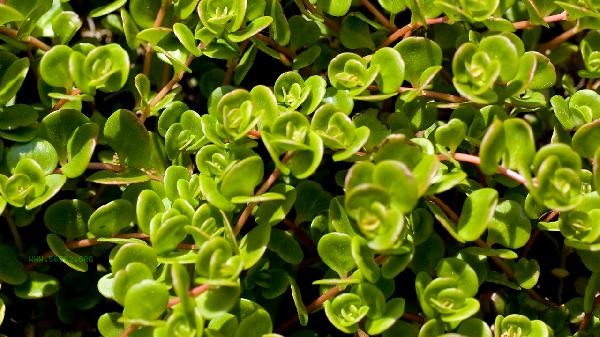1. Hawthorn honey tea for spring health,
recipe: 30g fresh hawthorn, moderate amount of honey. Crush the fresh hawthorn fruit to remove the seeds, extract the flesh with hot water for 15 minutes, filter and extract the juice, and finally add honey according to personal taste. Take two doses every day as a substitute for tea. It has the effect of digestion accumulation and strengthening the spleen and stomach, suitable for people with weak spleen and stomach.
 2. Jujube tea
2. Jujube tea
Method: Wash and chop the jujube, extract it with an appropriate amount of boiling water every day, and drink it instead of tea. Finally, eat the dates together. Strengthening the spleen and stomach, replenishing qi and blood, especially suitable for women's health and consumption.
3. Mu Xiang Wu Mai Beverage
Recipe: 6g Mu Xiang, 15g Mai Dong, 10g Wu Mei, boil in water for 10-15 minutes and drink. Suitable for patients with atrophic gastritis, it has the effects of nourishing the stomach, generating fluids, and relieving pain.
4. Ginger Red Tea
Recipe: Put black tea and crushed ginger into a cup, add an appropriate amount of brown sugar, and drink a cup in the morning to help clear your mind. Black tea can nourish the stomach. For people with poor gastrointestinal health, black tea is a priority. Ginger has the effect of sweating and diuresis.
5. Huangqi Zao Goji Tea
Recipe: 15g Huangqi, 15g Goji, 15 jujubes, and an appropriate amount of honey. Prepare materials, soak and wash thoroughly. Add water to a clay pot, astragalus, red dates, and goji berries. Bring to a boil over high heat and simmer over low heat for an hour. Filter the tea juice through a strainer, add honey and mix well before drinking. Winter health drinks can invigorate the spleen and stomach.
6. Stomach boosting Buckwheat Tea
Recipe: Buckwheat 1 yuan, Astragalus 5 yuan. Brew buckwheat and astragalus in 600ml of hot water, cover the cup and simmer for 10 minutes, filter the residue and extract the juice. This formula can improve physical weakness, night sweats, bloating, and reduced appetite, promote spleen and stomach function, and increase appetite.
7. Osmanthus tea
Method: Add 7-10 dried osmanthus flowers to an appropriate amount of black tea and brown sugar, and extract with hot water. Osmanthus has the effects of warming the middle and dispelling cold, warming the stomach and relieving pain, resolving phlegm and blood stasis. It has certain therapeutic effects on loss of appetite, phlegm and cough, asthma, hemorrhoids, dysentery, menstrual cramps and abdominal pain.
8. Honey Ginger Tea
Recipe: Take a slice of ginger (about the size of a thumb), peel and shred it, boil with water for 30 minutes, and add 2-3 tablespoons of honey. Drinking regularly can warm the stomach and strengthen the spleen.
9. Milk and Black Tea
Recipe: 3 grams of black tea, 100 grams of milk, and 2 grams of salt. Pour the black tea into the pot and boil with water for 5 minutes. Filter out the red tea leaves and boil milk in another pot. Boil milk with tea juice, add salt and stir. Adding milk to black tea can reduce inflammation, protect the gastric mucosa, and also have an effect on treating ulcers.
10. Barley Tea
Recipe: Stir fry barley until cooked and soak it in water. Take it daily to nourish the stomach. Malt is cool in nature, sweet and salty in taste, and has a beneficial effect on the spleen and stomach meridians. It has a wide range of qi, quenches thirst and heat, replenishes milk, strengthens the pulse and benefits the skin, enriches the five organs, digests grains, stops diarrhea, promotes diuresis in the large intestine, causes painful urination, indigestion, and bloating. It has significant therapeutic effects.
11. Jasmine black tea
Recipe: 3 grams of jasmine black tea. Put the jasmine black tea directly into the cup and brew it with boiling water for 2 minutes. Drink a small amount frequently 30 minutes after meals. It has the effects of refreshing and reducing appetite, and is suitable for people with low spirits and poor appetite.
12. Chenpi Ginger Tea
Recipe: Take 5 grams of Chenpi, 2 slices of ginger, add an appropriate amount of brown sugar, extract with boiling water, and drink as a substitute for tea, one cup at a time, 2-3 times a day. Traditional Chinese Medicine believes that aged tangerine peel has the functions of promoting qi circulation, strengthening the spleen, stopping nausea, regulating appetite, and promoting dryness, wetness, and phlegm in the spleen and lung meridians.




Comments (0)
Leave a Comment
No comments yet
Be the first to share your thoughts!